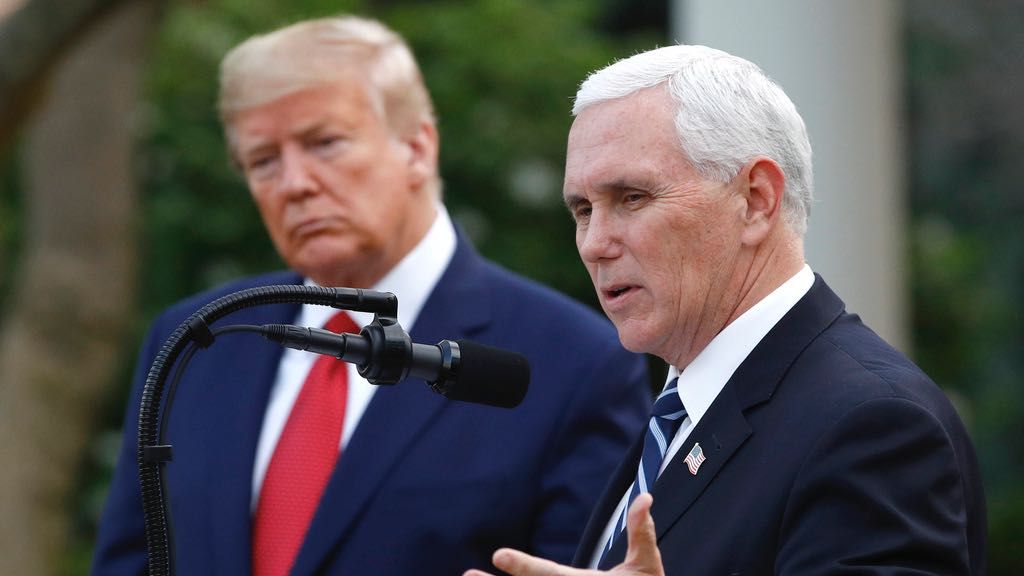The Senate voted Wednesday on final passage of the annual defense spending bill, the last step before sending the must-pass bill to President Joe Biden's desk for his signature.
The final vote on the $770 billion bill was 88-10 – the bill passed initially with 89 votes, but New Jersey Sen. Cory Booker announced on the Senate floor after the vote that he was changing his "yes" to a "no."
The bill raises pay by 2.7% for U.S. service members and Defense Department civilian employees, and provides 12 weeks of parental leave for all members of the military. It also contains provisions that update diversity training requirements, and changes how the military prosecutes sexual harassment and assault – removing commanders from decisions related to crimes of rape, sexual assault, murder and manslaughter.
The measure passed the House last week in a widely bipartisan 363-70 vote.
Lawmakers in the Senate who voted against the bill include Sens. Kirsten Gillibrand of New York, Ed Markey and Elizabeth Warren of Massachusetts, Jeff Merkley of Oregon and Alex Padilla of California on the Democratic side, Sens. Michael Braun of Indiana, Rand Paul of Kentucky and Mike Lee of Utah on the Republican side, and Independent Vermont Sen. Bernie Sanders.
"I voted against the defense bill," Merkley wrote on Twitter after the vote. "If we want to lead the world, we need to focus on investing in families, education and innovation. Not weapons of war."
"Also, there's simply too much military spending!" Merkley added.
Congress has passed the bill, also known as the National Defense Authorization Act, on a bipartisan basis every year for the past six decades. Last year's bill passed despite a veto from then-President Donald Trump, who complained that the bill did not contain changes to Section 230 of the Communications Decency Act, which provides legal protections for technology companies from content posted by users and third parties. Congress voted to override his veto, the first of Trump's presidency.
This year, the legislation has faced a number of setbacks, with some lawmakers complaining that much of its negotiations have been conducted behind closed doors. Republicans, for their part, sought to blame Senate Majority Leader Chuck Schumer, D-N.Y., for failing to bring up the bill earlier.
“It’s becoming harder and harder for the defense bill to be passed every year,” William Greenwalt, a senior fellow at the American Enterprise Institute, told Spectrum News in an interview. “And that’s just [because] of the breakdown in comity between the parties, the breakdown between relationships between the House and Senate. And so yes, the bill's sponsors, the armed services committees, every year find a different way of overcoming those obstacles.”
But despite the difficulties, the bill is expected to pass in widely bipartisan fashion Tuesday.
In addition to pay raises and parental leave, the defense bill also contains a number of important foreign policy provisions, including the creation of an independent, “multi-year” review commission tasked with evaluating America’s 20-year war in Afghanistan.
It enhances the authorities and capabilities of U.S. Cyber Command to defend networks from foreign malicious cyber actors, and calls for the creation of a “cross-functional team” to address the targeted, mysterious “Havana syndrome” attacks on U.S. diplomats and intelligence officials overseas.
Critically, this year’s defense authorization bill also bolsters the amount of military aid sent to Ukraine from $250 million to $300 million — a $50 million increase that comes as Russia continues to amass tens of thousands of troops along Ukraine’s eastern border, sparking fears of a potential invasion.
Ensuring that the defense authorization bill is passed before year’s end is critical — and in recent days, lawmakers from both sides of the aisle have rushed to ensure they do their part in advancing the legislation to Biden’s desk.
The NDAA is considered “must-pass [legislation] because of the pay raise—we want to pay the troops,” Greenwalt told Spectrum News. “In other words, this is the last bill that passes every year under some type of regular order, and provides the oversight of Congress on the national security apparatus.”
“And it's not just defense,” he added. “It's the Department of Energy. It's the Department of State, the intelligence community. There are a lot of provisions in here that address the entire government. And so it's must-pass in the sense that if Congress doesn't … meet the 61 year track record, [it will] definitely be one of those manifestations that you can say is ‘yes, Congress has finally hit its lowest point and is truly dysfunctional.’”




)



